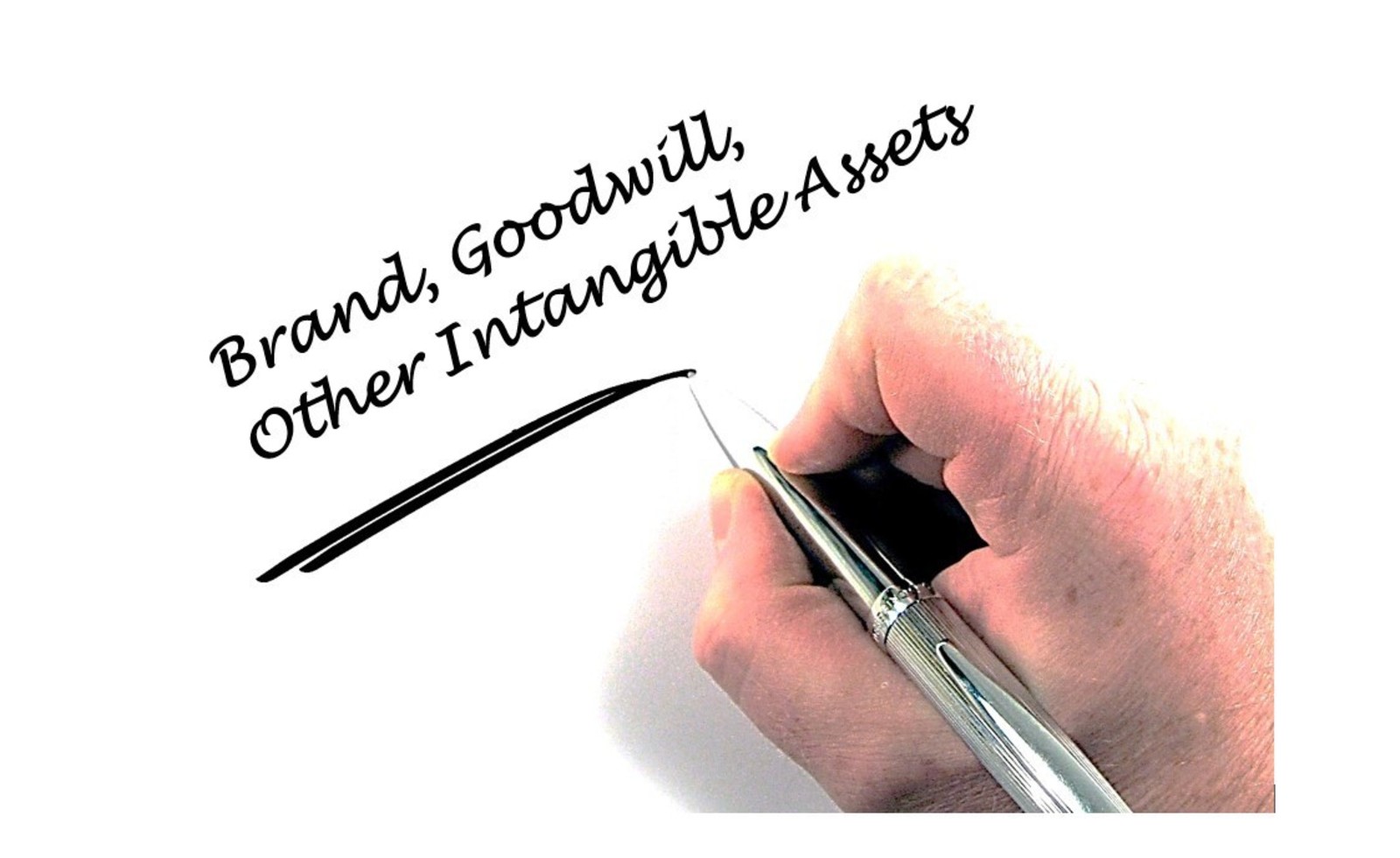14 May 2023
A World First …..

Leaders from the PE, VC, valuation, fund management, pensions, insurance, risk, reinsurance, accountancy, innovation, banking, academic, creative, asset management, tax, and M&A industries gathered at the Old Bailey to engage in a lively debate following ‘A world first’ presentation from Brand Finance.
The presentation showed for the first time the enormous contribution listed companies in London, and especially those located in The City of London, make to stock market valuations…and the yawning gap in understanding of what intangibles are, how they are measured and managed, and how mismanagement of these destroys shareholder value.
Every business valuation, especially its share value, is made up of a mix of both tangible assets (like land and buildings, working capital, inventory etc) and intangible assets- like brand perception, contract values, technology, and any accounting goodwill from previous acquisitions.
Indeed the global value of intangibles of quoted companies has been growing consistently for the past 25 years and, at $57 Trillion, now constitutes around half the value of the global stock markets (Down, for the first time, from $75T in 2021). Intangibles account for around 70% of the US markets and 49% of the UK, and is currently negative for Russia and Greece ie the share prices are lower than the tangible asset value.
The presentation from Brand Finance, the global leaders in brand valuation, showed that half of the UK’s $1.9T intangible asset market valuation of quoted businesses is generated in London, with $0.31 T of this in The City of London alone. The majority, 61%, is in intangibles with less than half of this being disclosed in accounts.
Critically it is estimated that a further $173bn (£140bn) of intangible value is generated by the private companies in The City.
The City has significant intellectual and relationship value which goes unaccounted for.
Despite London being well known around the world – some 79% of a recent US survey claimed that they knew about London-The City’s brand is not well known. Despite this claim, incredibly only 13% thought of London as a central financial district…the same number as thought it was a shopping centre! The position in China is a little better at 25%...with 18% thinking it a shopping centre.
Lip service
So, despite some $482bn or £386bn of intangible value being headquartered in The City of London, only 12% of this is reported publicly… of course with significantly more being generated and traded through the City’s institutions. Whilst they pay lip service to intangibles, despite the self-evident equity values shown by what investors are putting their money in to, very little is acknowledged or measured by the accounting and investment industries.
Which raises two critical questions. First, if this intangible value is staring the investment markets in the face, and the Brand Guardianship Index, shows clearly that today the reputation of the CEO directly affects shareholder value and can introduce wide volatility if badly handled, what do they do to ensure it is both being measured and actively managed by the boards of the companies they invest in on behalf of others?
Secondly, it also leads to the obvious question – who manages The City of London’s brand? Surely, we should be interested in measuring what is a major national asset and one of the strongest financial brands in the world, and caring for it?
Yes, it’s complicated but… I’d sleep easier at night if this subject was on the agendas of the the City’s finance and investment professionals and The City’s leaders. Lip service won’t do.
We need more marketing and brand strategists on boards. Regular board discussion on the share price versus the tangible asset value, and how the companies can build consumer loyalty and resilience.
Further reading:
McKinsey Global Institute Getting tangible about intangibles - Search (bing.com)
Jonathan Haskel’s book
Andrew Marsden Esq
Sheriff of the City of London